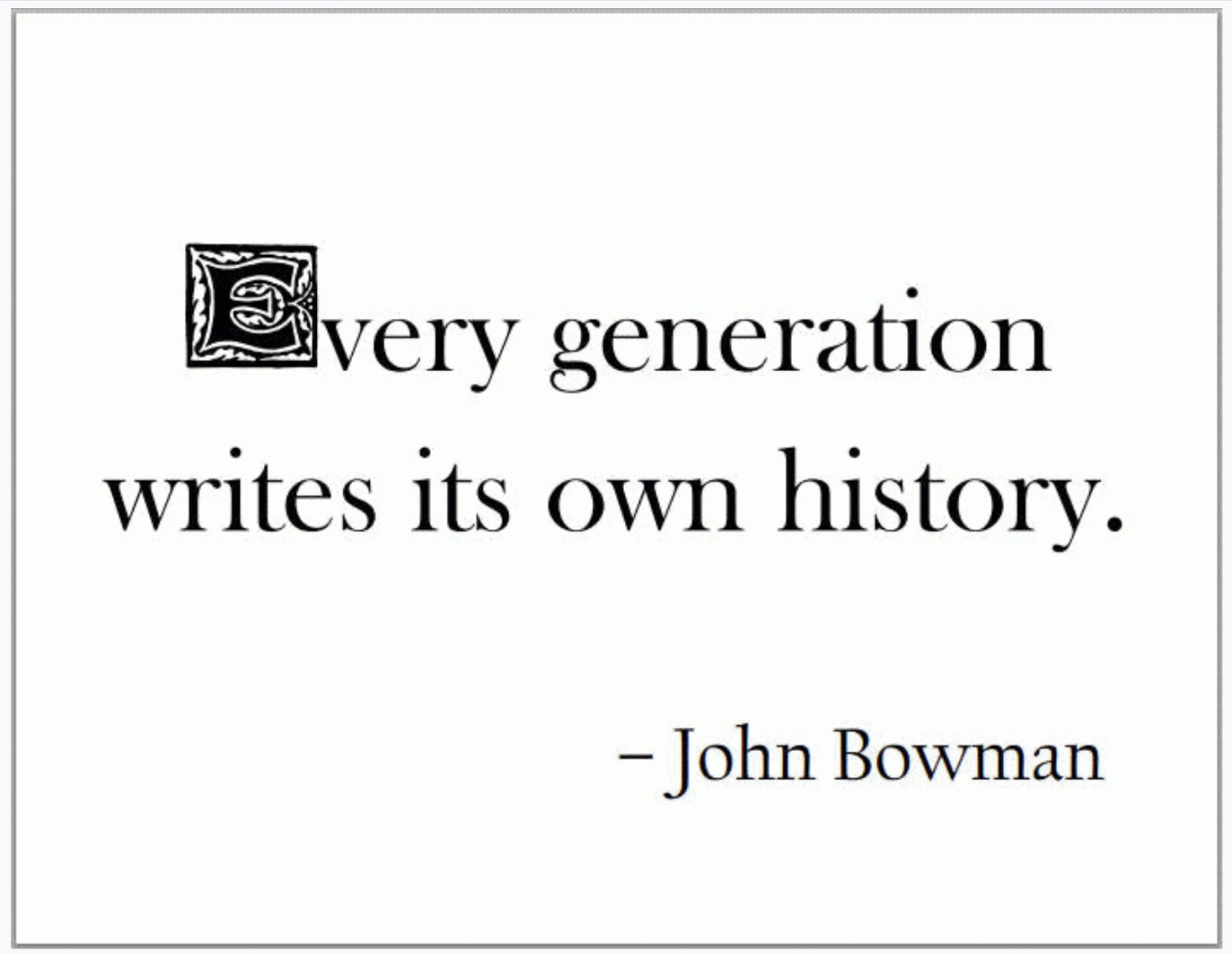Intent
At Indian Queens School, we believe understanding the past is vital for building lifelong skills and knowledge. Our curriculum helps pupils explore local, national, and global events, while studying diverse figures who have shaped history. By making connections between different time periods through inference and deduction, pupils develop a clear sense of chronology and understand how time brings both continuity and change.
We aim to create inquisitive learners who approach historical evidence critically, ask challenging questions, and engage in enquiry to assess evidence and arguments. Our goal is to foster thoughtful, meticulous learners with a deep understanding of the past.
Implementation
At Indian Queens School, we follow the National Curriculum for History, delivering it in focused blocks throughout the year to allow children to explore topics in greater depth. We teach key knowledge and vocabulary for each topic using Knowledge Organisers, ensuring a clear progression of learning, with emphasis on key events and a solid understanding of chronology. Where relevant, we incorporate local history to enrich pupils’ understanding of their community.
Progression in historical knowledge and skills is carefully planned. By the end of Year 6, pupils will have developed a strong chronological understanding of British history, spanning from the Stone Age to the present day. They will be able to draw meaningful comparisons and make connections between historical periods and their own lives. Alongside British history, pupils also study key aspects of world history, such as ancient civilizations like Egypt and Rome. Work is documented in topic books through various forms, including written work, artwork, photographs, and diagrams.
Cross-curricular links are intentionally woven into history lessons, providing opportunities for students to apply literacy skills in meaningful ways. In the Early Years Foundation Stage (EYFS), history is aligned with the 'Development Matters in the EYFS' guidance, taught and assessed through the Understanding the World area, focusing on ‘The World’ and ‘People and Communities.’
Impact
The impact of our history curriculum is monitored through a variety of methods:
- Pupil conferencing: Pupils confidently discuss their learning, demonstrating a deep understanding of significant individuals and events while making comparisons and connections.
- Low-stakes testing: Children show strong recall of key concepts from previous topics and lessons through quizzes, visual prompts, true/false questions, and fact-sorting activities.
- Work monitoring: Regular reviews of pupil work in books, classroom displays, and their responses during lessons.
- Practical learning evidence: Images and videos capture hands-on activities and learning experiences.
- Lesson observations: Classroom visits to assess engagement and teaching effectiveness.
- Additional assessment opportunities: Including self-assessment and peer assessment to encourage reflection and independent evaluation.
Help at Home
Use these links to find educational videos, games and activities which will help to support your child's learning at home.
Great History Books
KS1 Topmarks Games
KS2Topmarks History Games
BBC Bitesize KS2 History
BBC Bitesize History KS1

